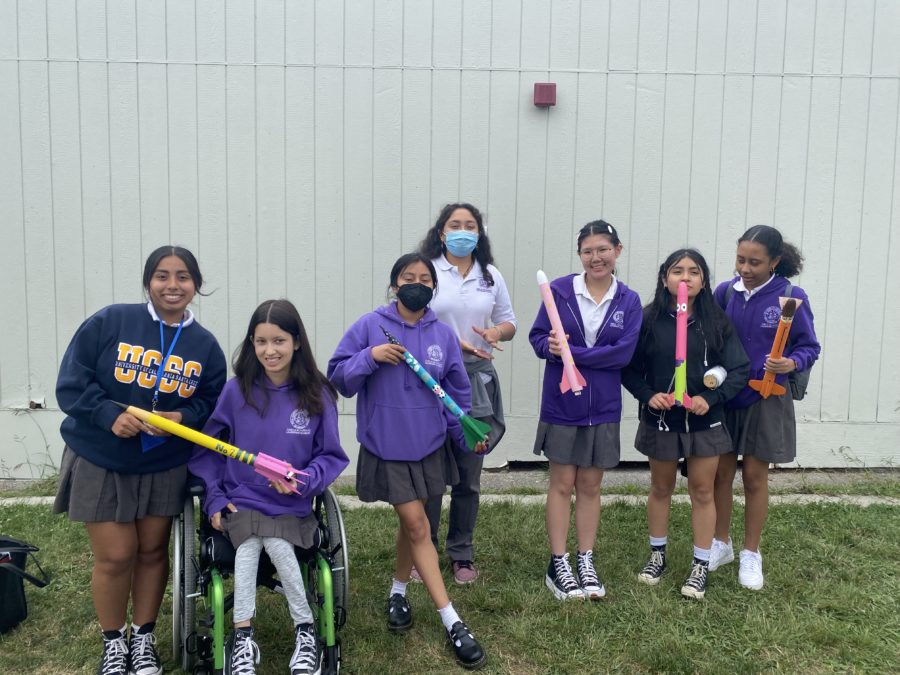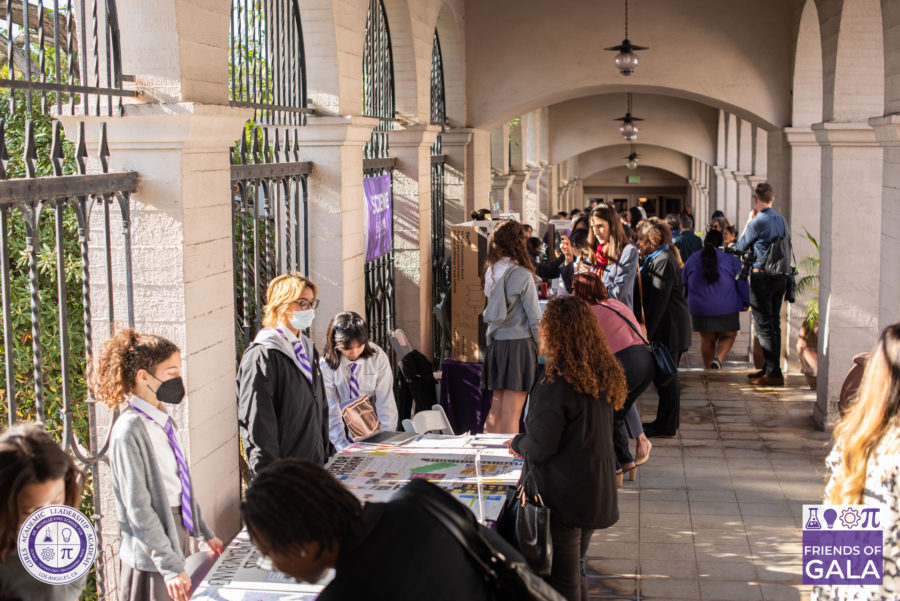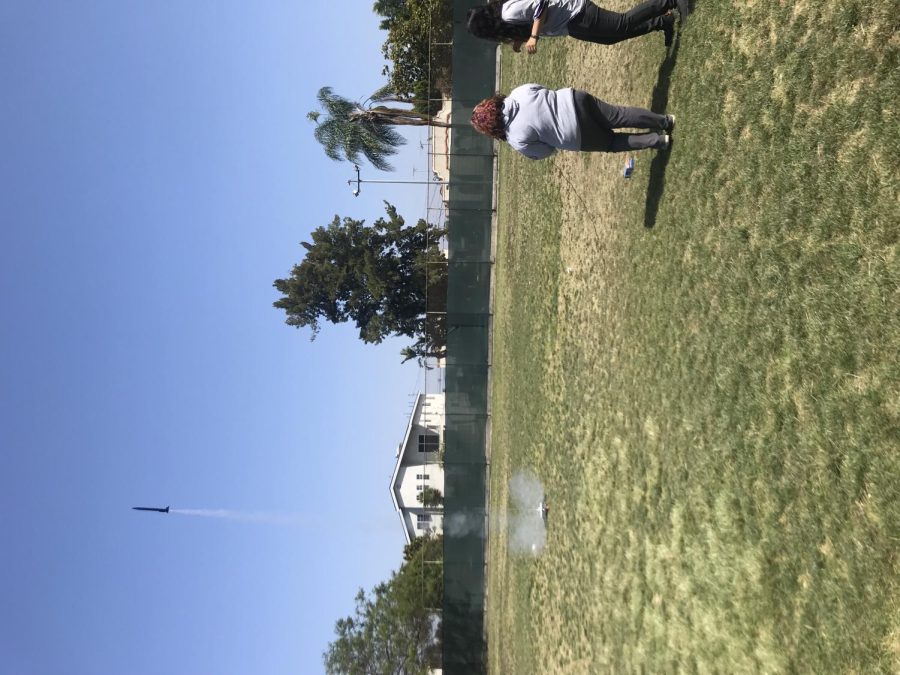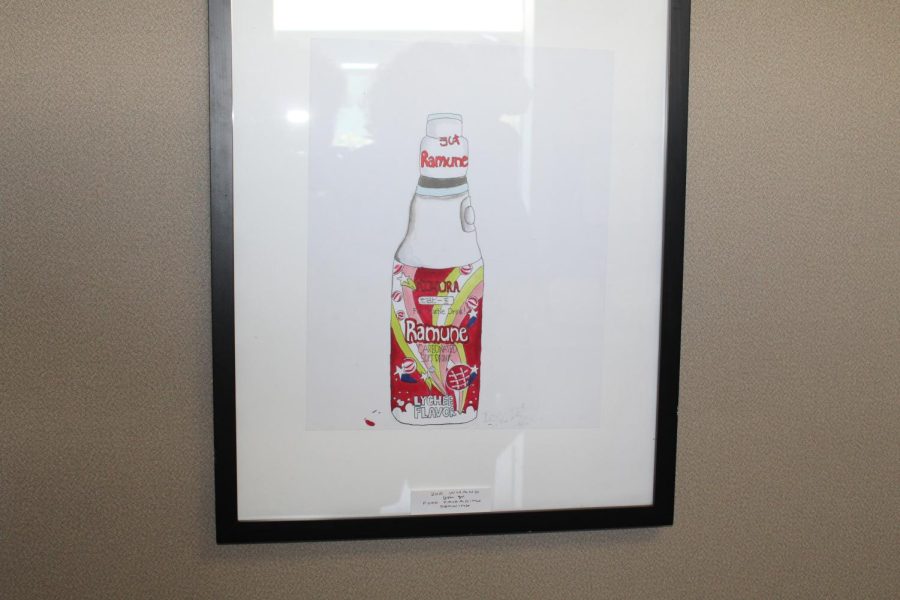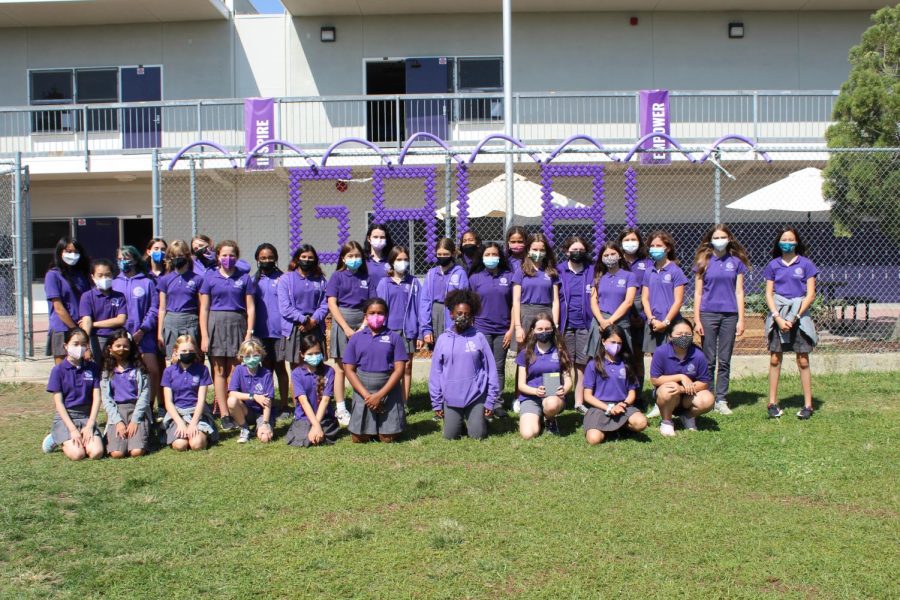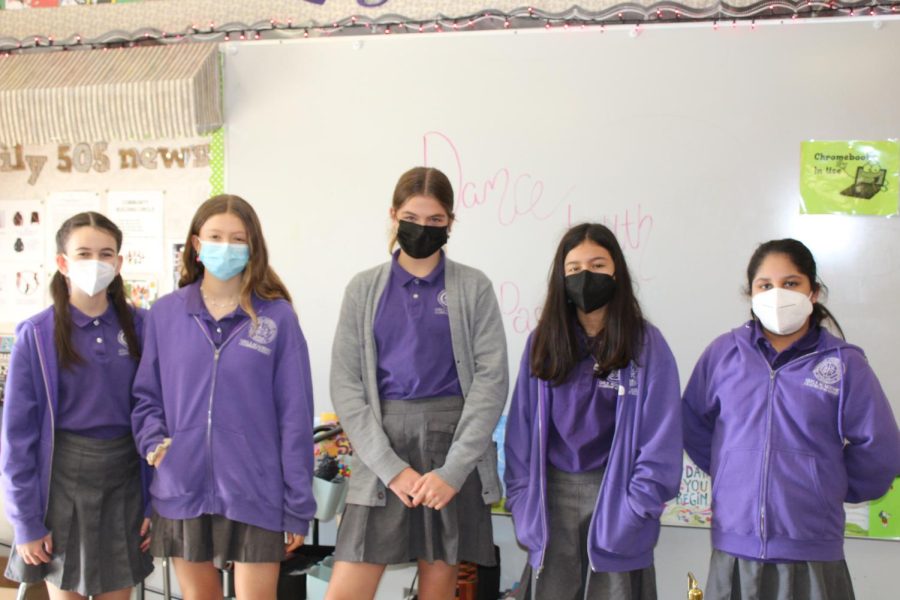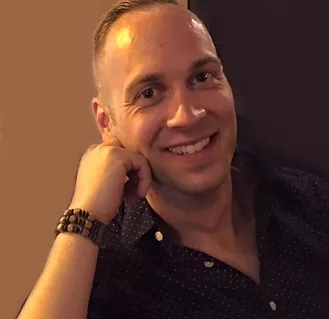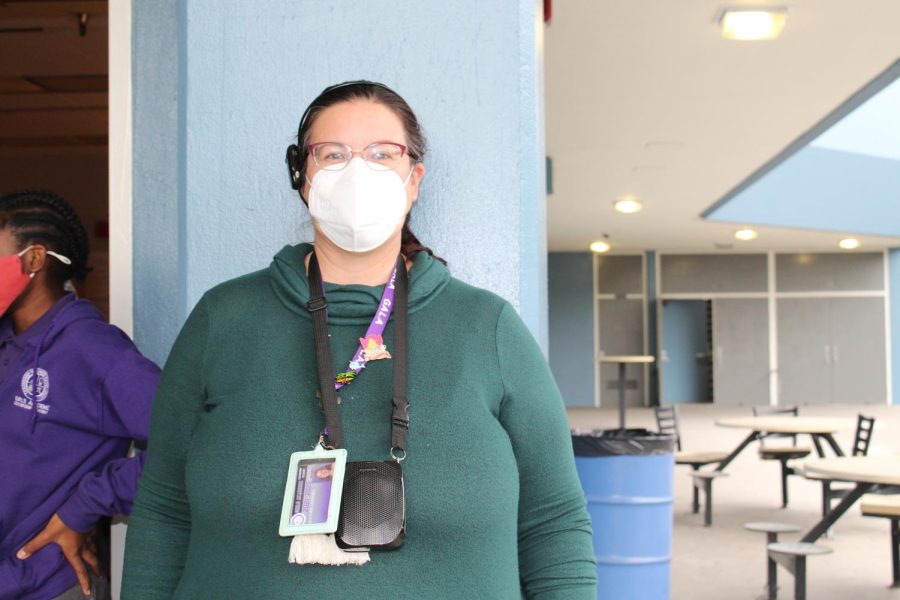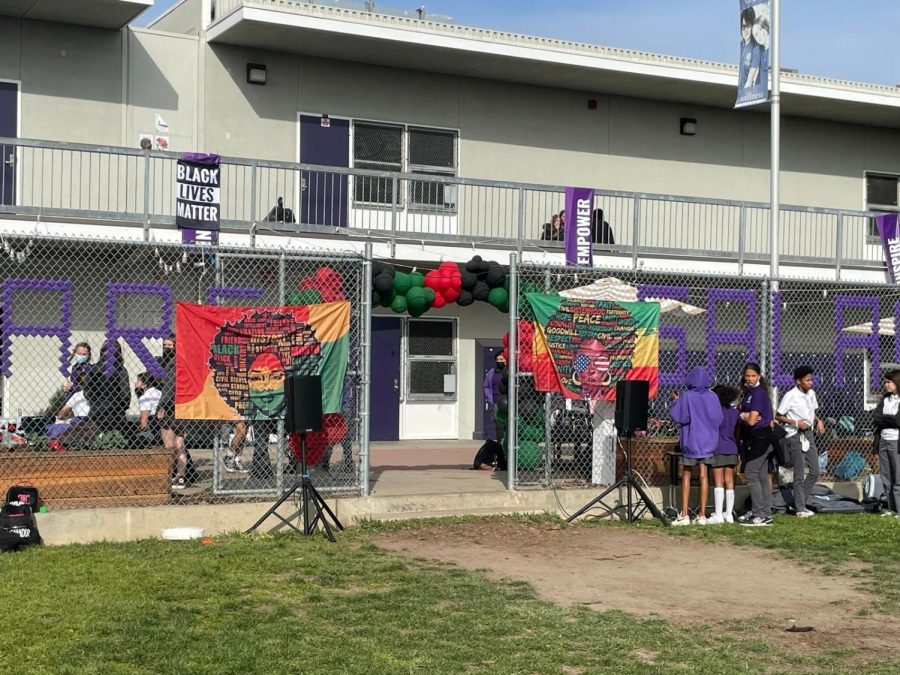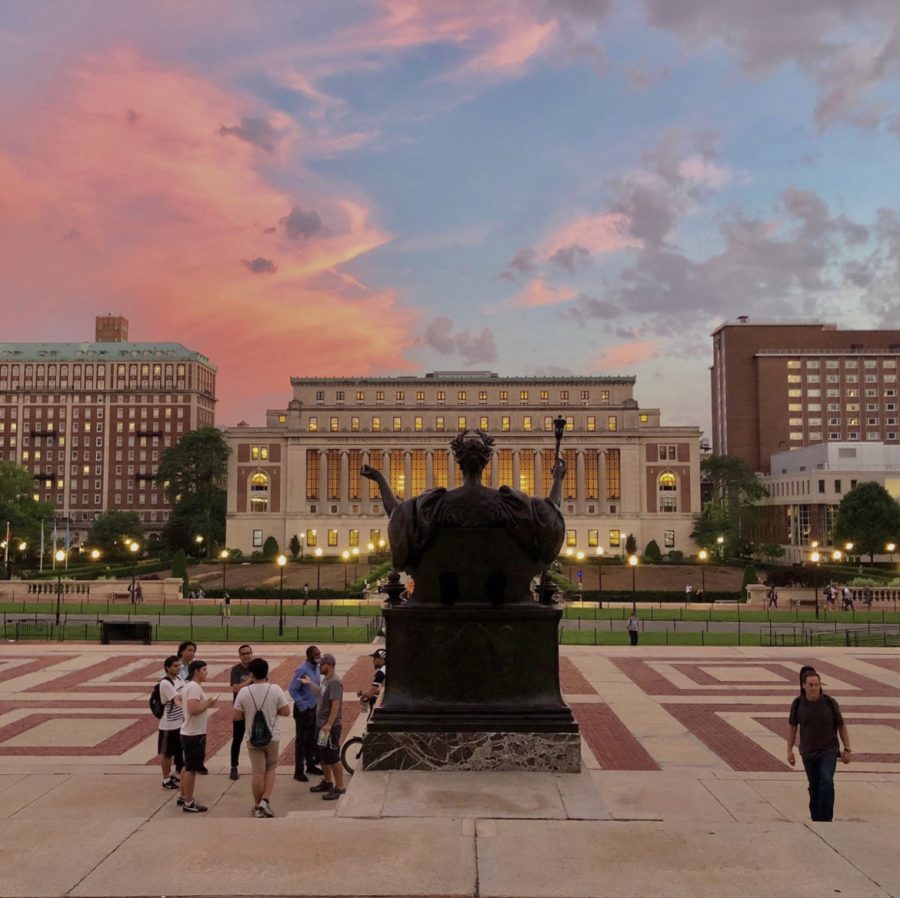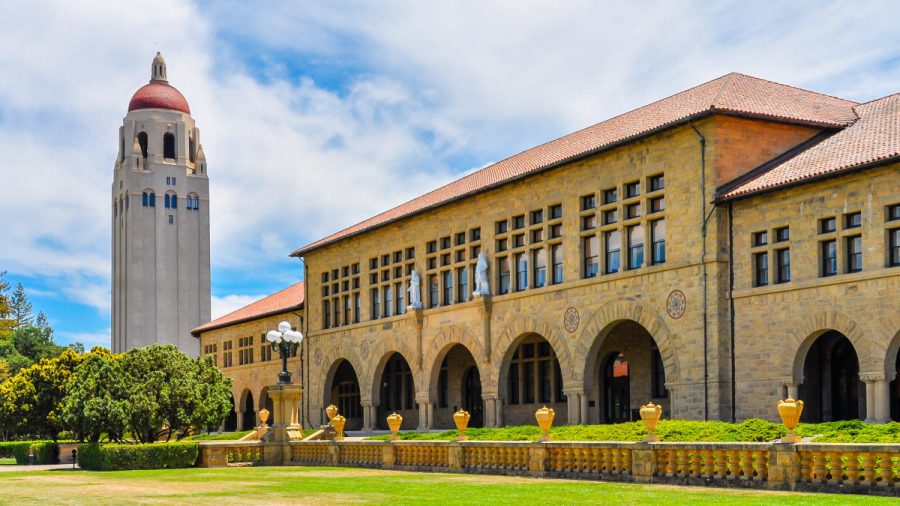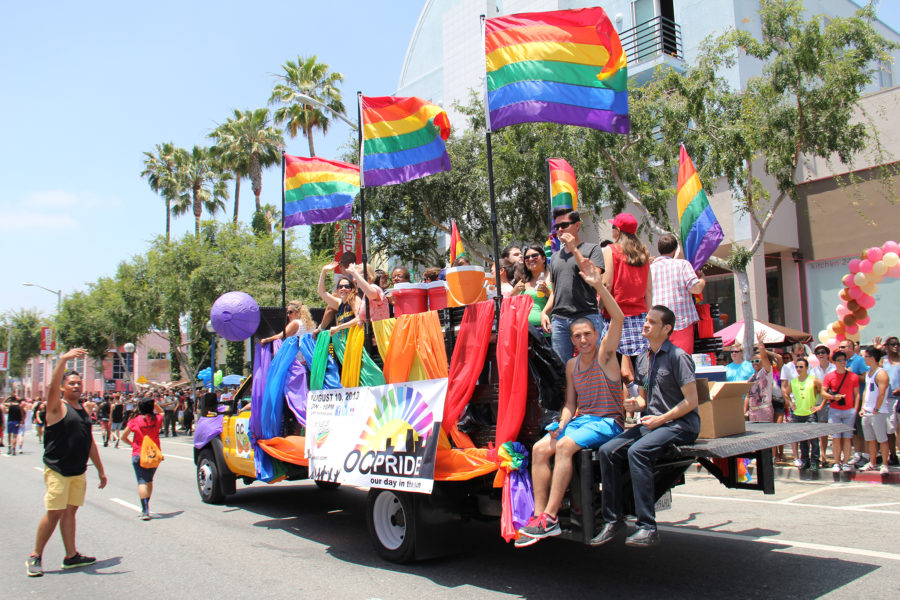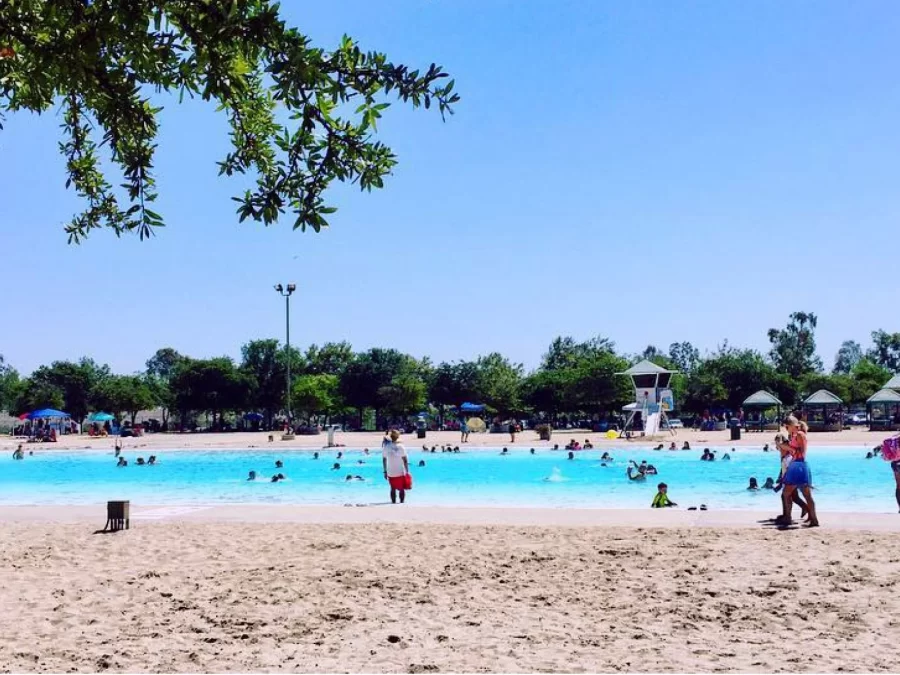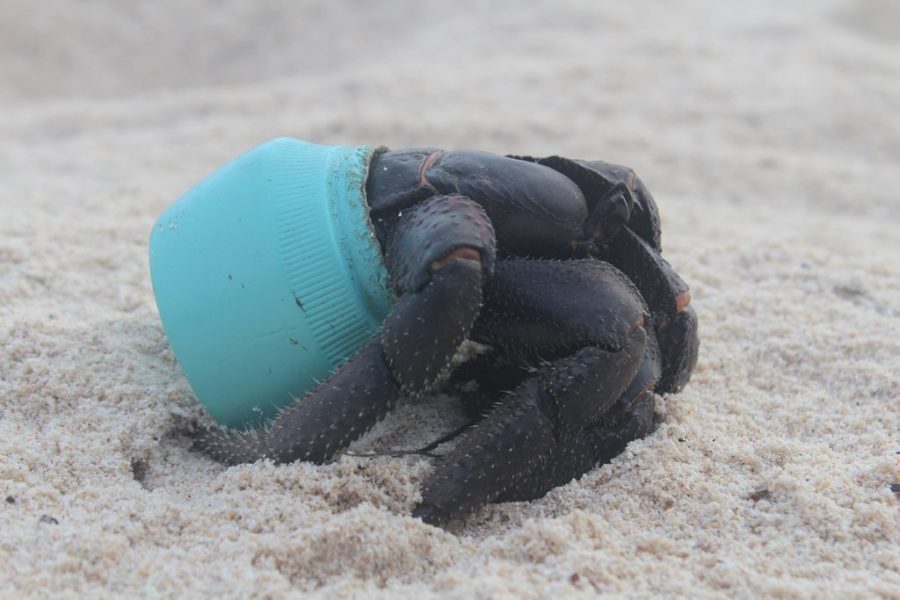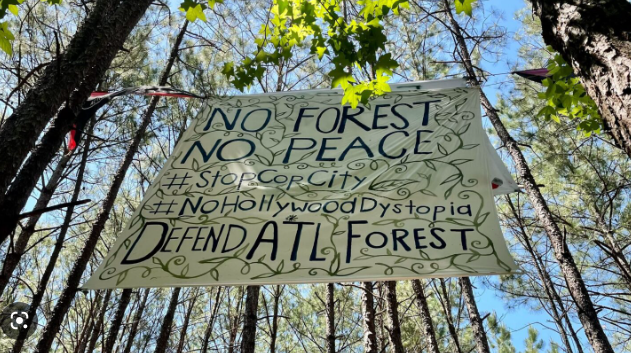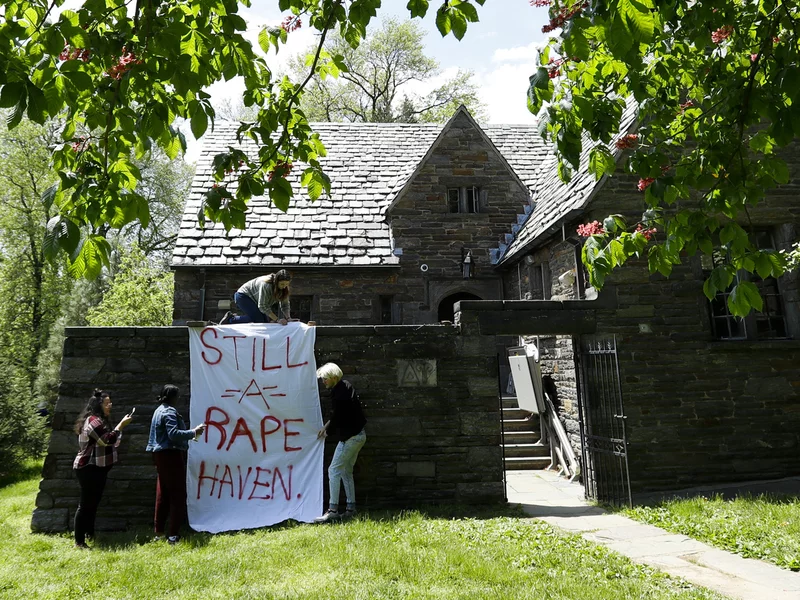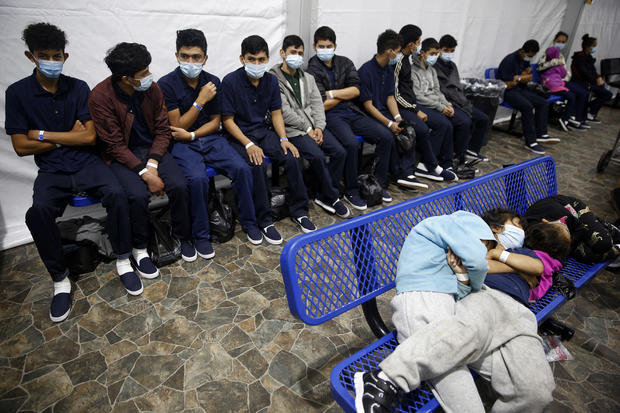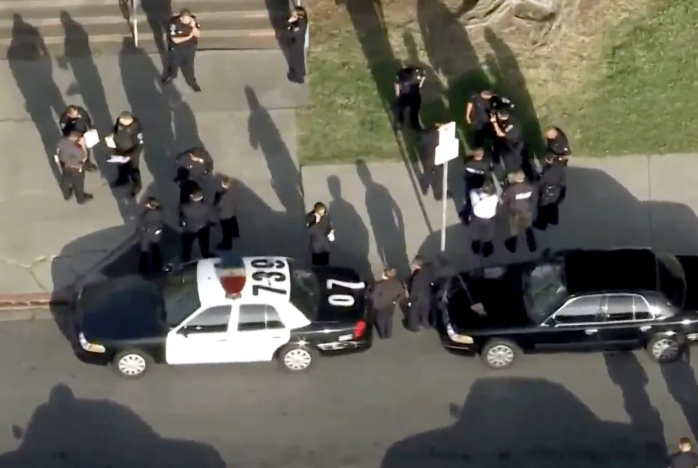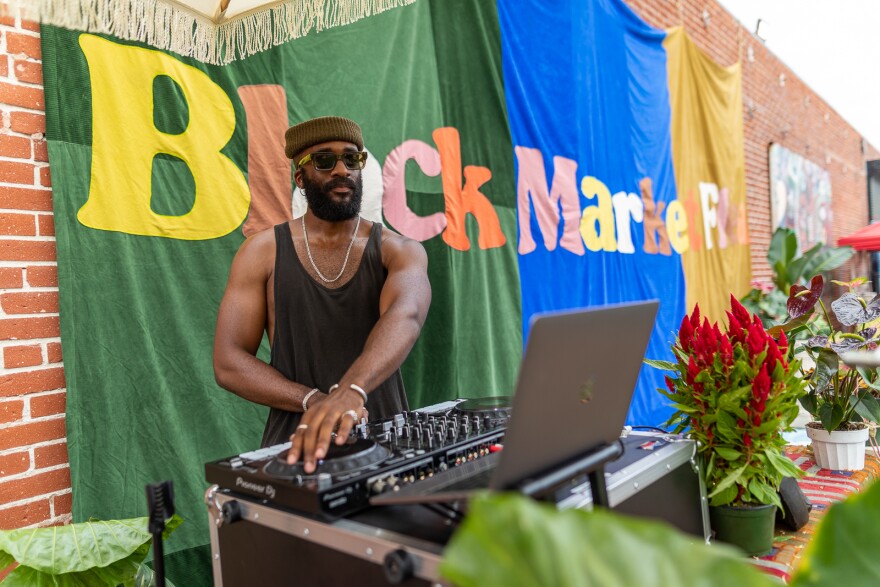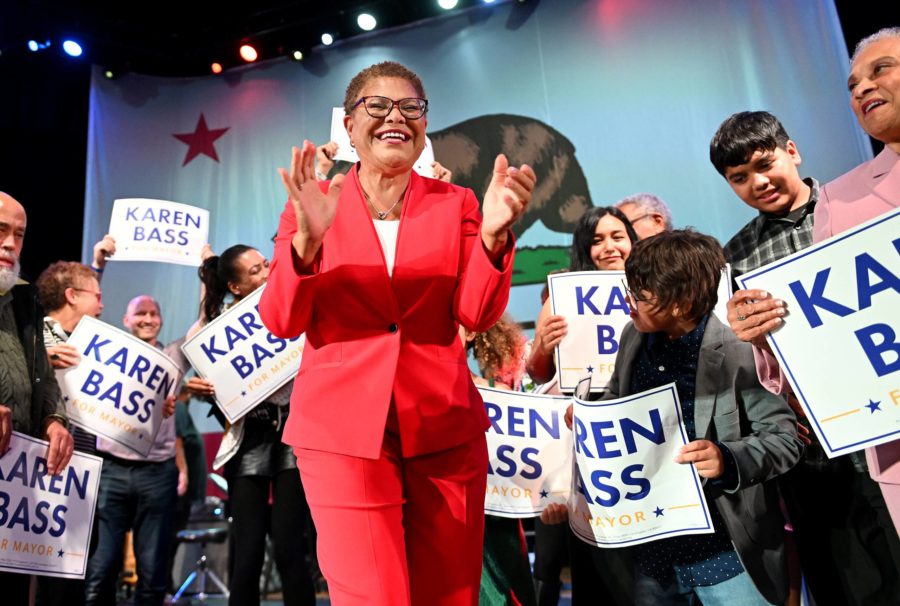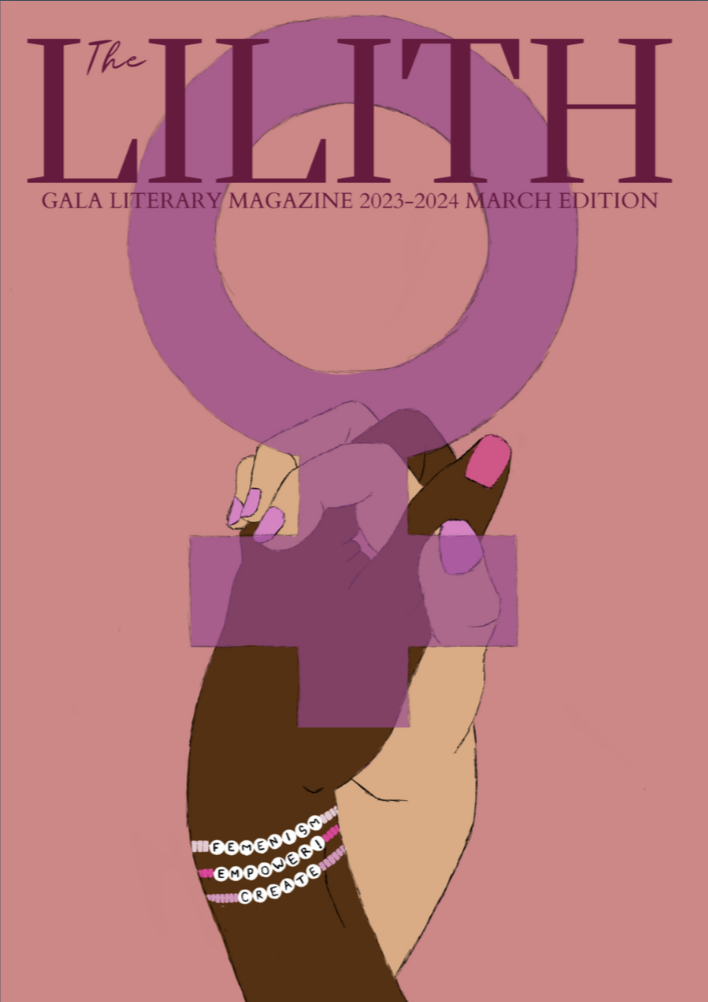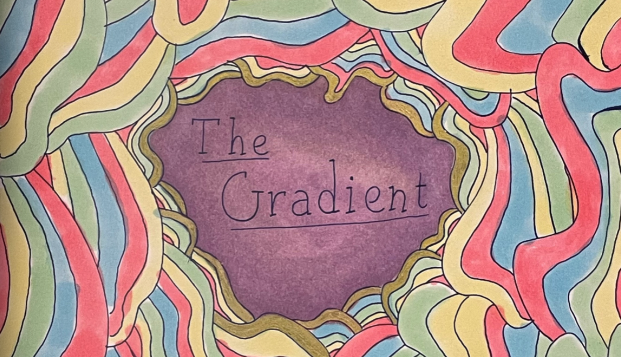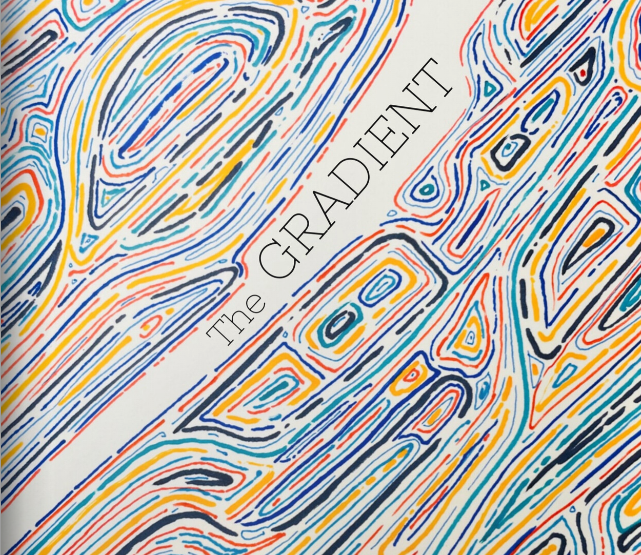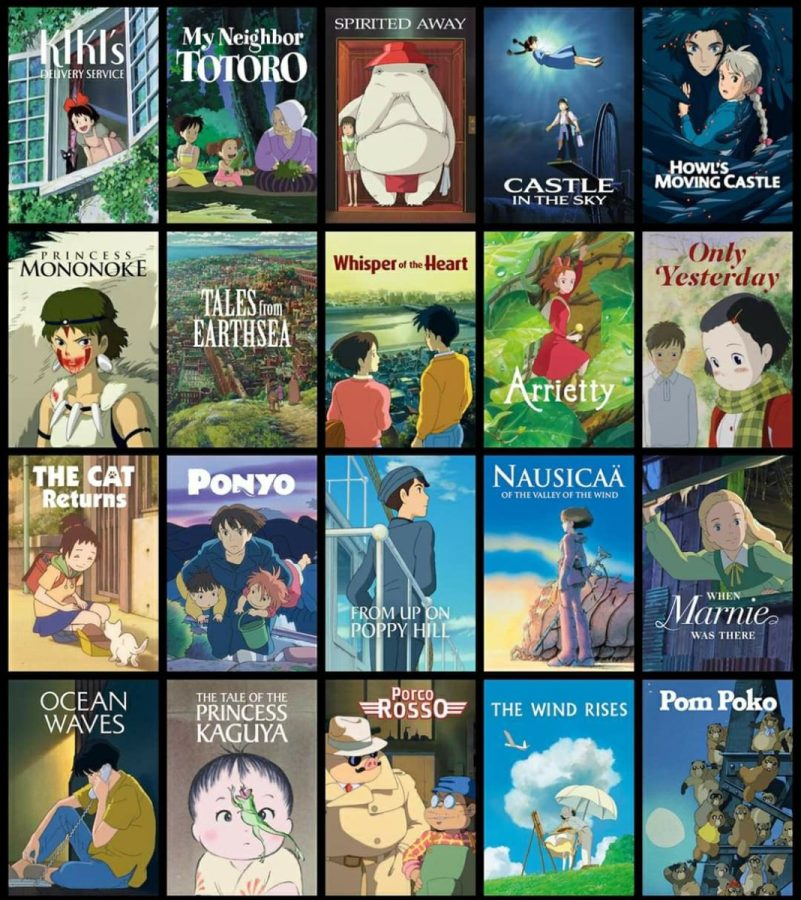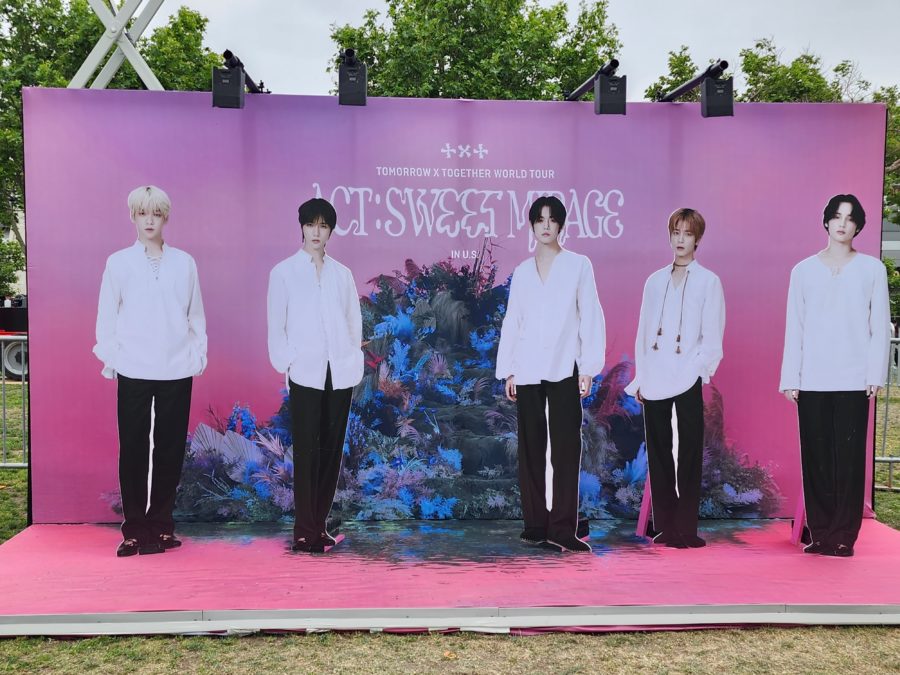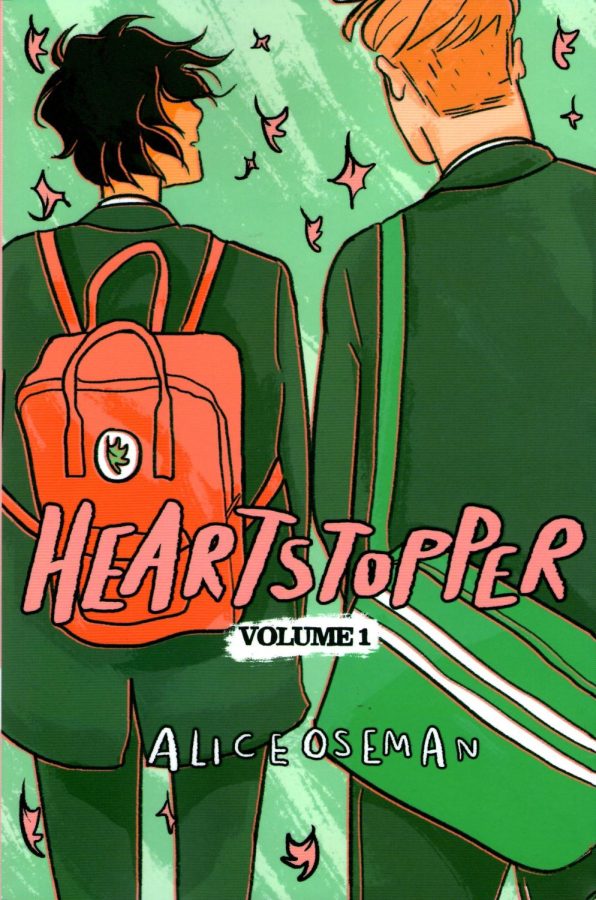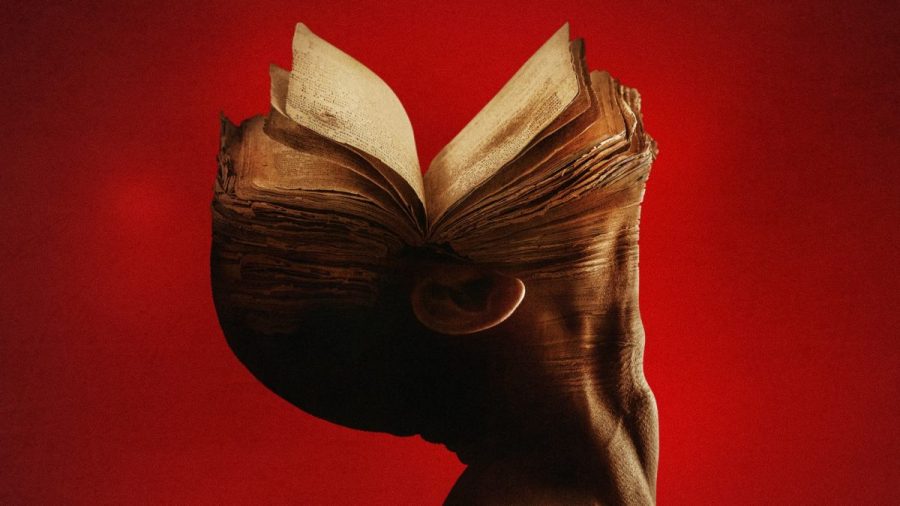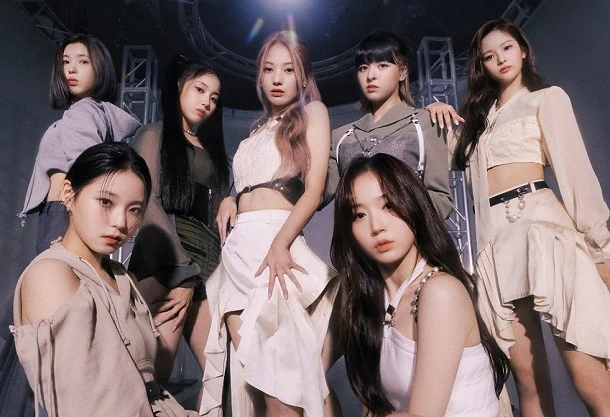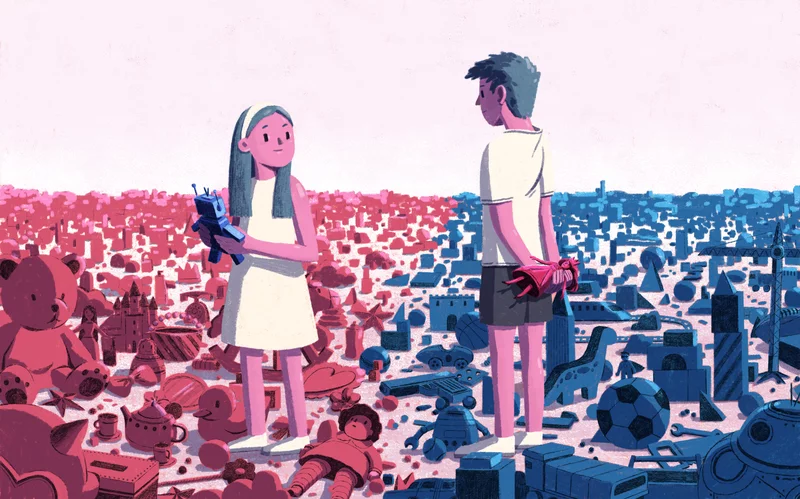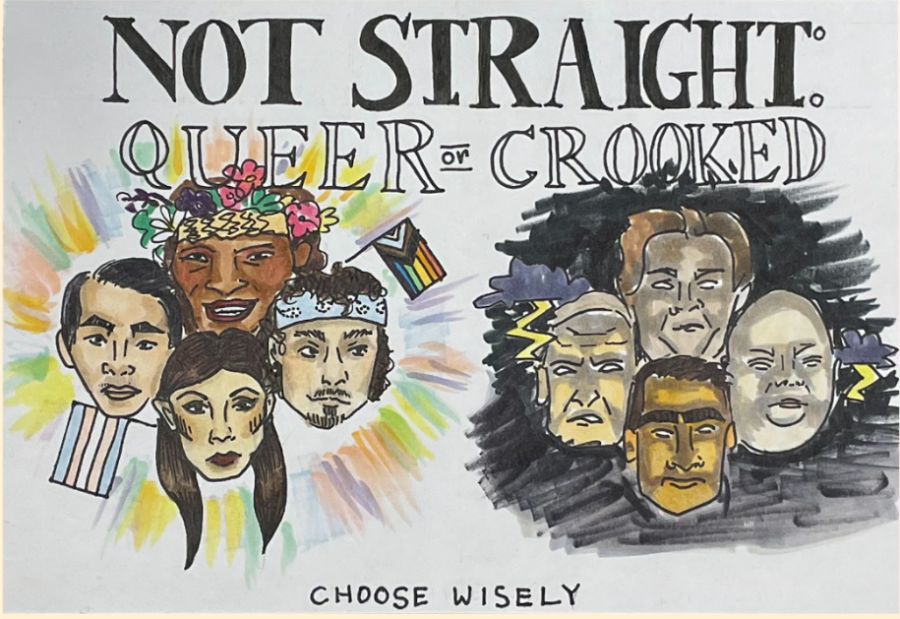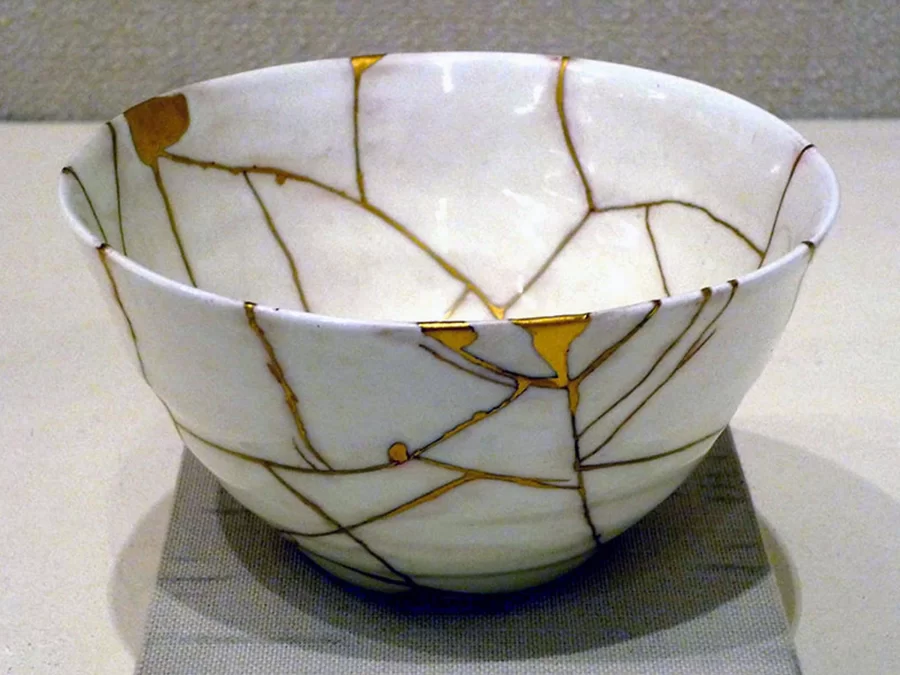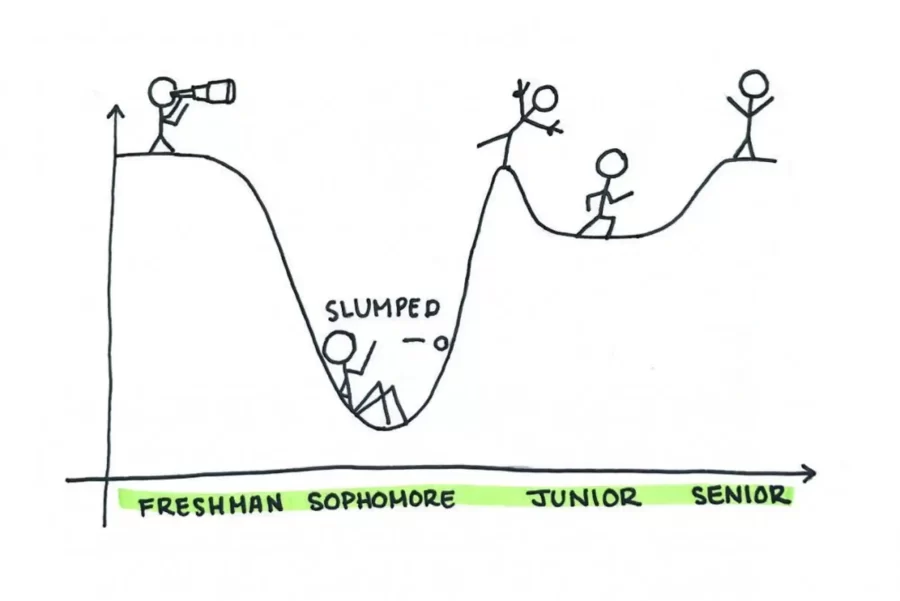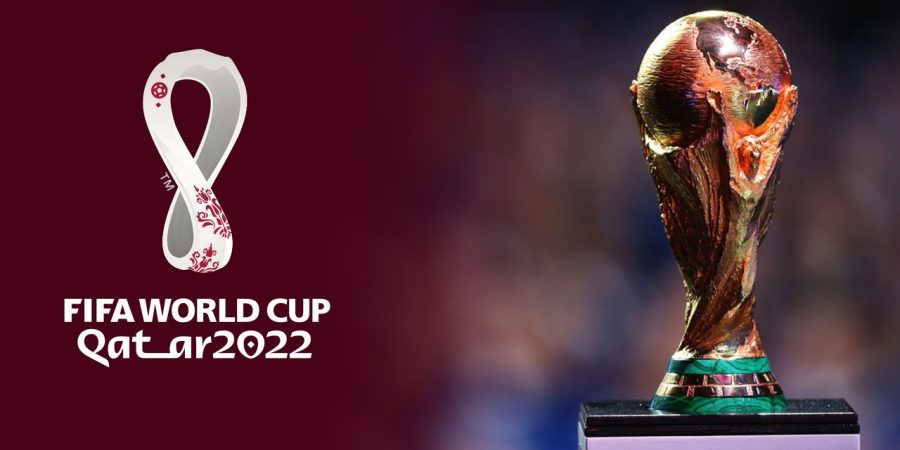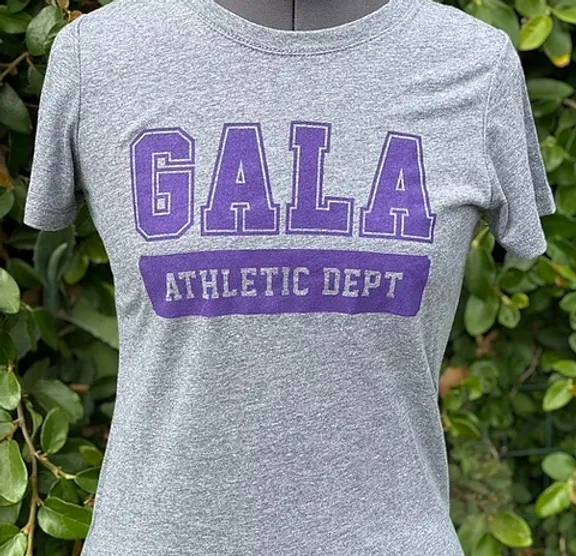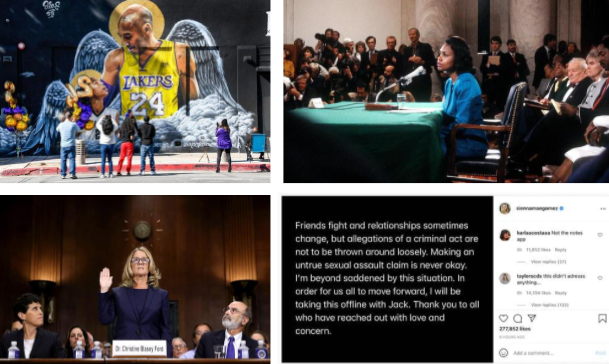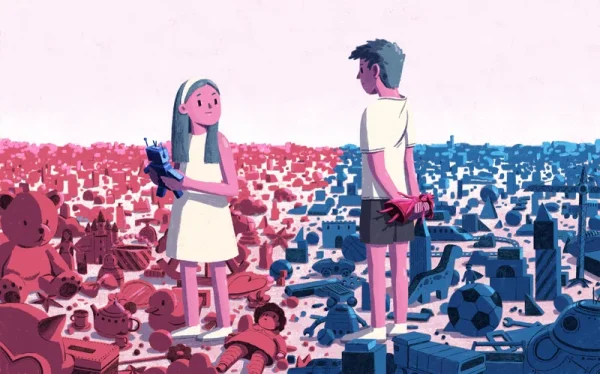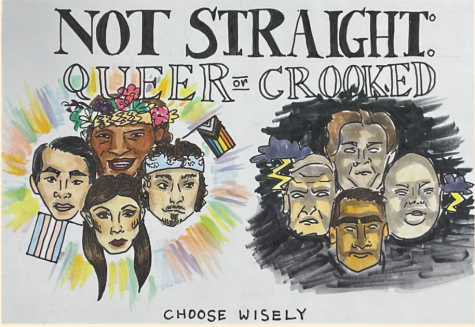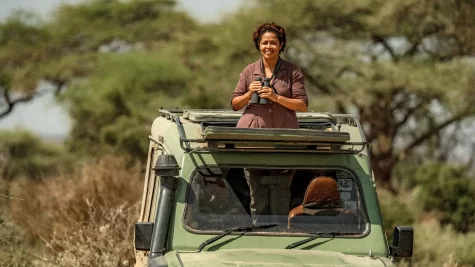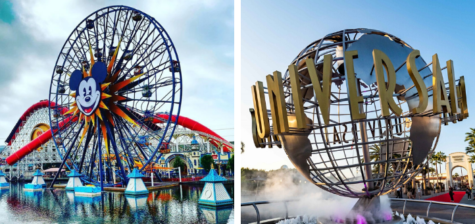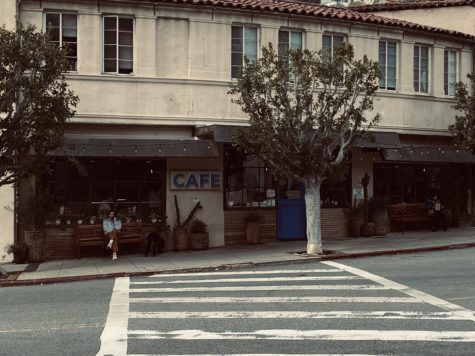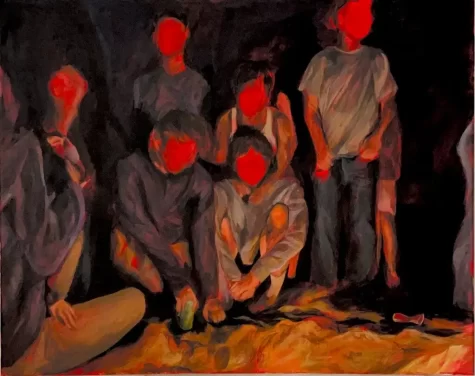From Basketball to Body Confidence Influencers, Rape Culture is Alive and Well
(Left to right) Robert Hanashiro, Peter Heimsath, Win McNamee
The history of rape culture is long and thorough, and has only strengthened in 2022.
The following article discusses sexual violence.
In 1692, 14 women and five men hailing from Salem, Massachusetts were tried and hung in the now infamous Salem Witch Trials. 330 years later, it’s a stretch to say that anything that allowed 19 innocent lives to be targeted, stolen, and posthumously ridiculed has fundamentally changed.
It seems that there isn’t an aspect of modern or historical life that isn’t tainted by the desire to punish victims of egregious assaults with distrust and ostracization. Despite laws that ban murder and sexual misconduct, it is truly the court of public opinion that serves as the judge and juror.
For, it is society–spurred on by forgiving laws and legal processes–that has cultivated the ever-present rape culture so prevalent today. First coined in the 1970s by the New York Radical Feminists Collective, rape culture is about more than sexual assault. It is, instead, the cumulative result of centuries of victim-blaming, misogyny, and remission granted to accused assaulters on various levels. As Vox writer Amanda Taub put it nearly a decade ago, rape culture is the direct product of “cultural norms and institutions that protect rapists, promote impunity, shame victims, and demand that [people] make unreasonable sacrifices to avoid sexual assault.”
Decades after sexual assault allegations come to light, alleged abusers continue to be worshipped, flags hung at half-mast in honor of the bare gall abusers have to continue to live their life unscathed by their own nonconsensual actions. Simultaneously, the lives of accusers are dragged through the mud, with victims of sexual assault slut-shamed, doxxed, and any career trajectory run into the ground.
There is perhaps not a more relevant example of such immortalization of abusers than Kobe Bryant. The late basketball star was accused of rape in 2003 by a concierge who gave Bryant a private tour of the hotel he was staying at, and she, working at. Despite the accuser’s request to stay anonymous in the high-profile trial, her name was used six times in one open court hearing by one of Bryant’s lawyers, leaked by the court system three times throughout the process, and demonized by the media and general public. Her parents’ house quickly became ground zero for media outlets looking to get exclusive pictures of the accuser and her family as well as Bryant fans aiming to bully the young woman who had “ruined” their idol’s career.
Yet, Bryant’s career never suffered the ruin that was promised by various news anchors and Bryant fans. If anything, his career reached heights he had yet to see before. He rebranded himself as the “Black Mamba,” a new persona that soon became an iconic hallmark of basketball and pop culture history. As Kevin Draper wrote for the New York Times, “Before the sexual assault case, Bryant was sometimes in the shadow of Shaquille O’Neal, playing Robin to Shaq’s Batman. After Bryant adopted the Mamba persona, he emerged as his own man.” Ultimately, Kobe escaped his rape accusations sporting an even shinier pair of wings once the case was privately dismissed, while the woman who accused him continued to be tormented in the press, her illegitimately released name slandered, and her reputation shredded to bits.
Even in January 2022, on the second anniversary of the helicopter crash that took the lives of Bryant and eight others, his rape accusations were comfortably swept under the rug in favor of honoring him. In Los Angeles, the epicenter of the #MeToo movement that has taken Hollywood by storm and forced the film industry to redefine consent and the safety of women, a 160-pound statue of him and his daughter, Gianna, was put on temporary display. Across the U.S., and even internationally, fans mourned his life and his edited legacy with jerseys, murals, and perhaps most deafeningly, silence regarding the reason why he was in courtrooms just as much as he was on the basketball court in 2003.
More recently, TikTok influencer Sienna Mae Gomez, who accrued millions of followers for her body positivity, dancing, and lifestyle videos, was formally accused of sexual assault by fellow influencer Jack Wright. In June of 2021, a video of Gomez climbing onto and kissing an unconscious Wright was circulated, and there was pushback against Gomez. But, after a multi-part video she released laden with victim-blaming and a short break from social media, she returned to the limelight and continued to earn sponsorships from big-name companies such as Ray-Ban.
Flash forward to January 2022, when Wright posted a 17 minute long YouTube video in which he recounted repeated instances in which Gomez groped him, including multiple times that she allegedly broke into his house to assault him as he slept. Despite the video receiving more than 19 million views, Gomez herself has lost only 1 million followers on TikTok. While she has restricted or turned off her comments on all social media posts, Wright’s videos have been flooded with accusations of lying, exaggeration, and not being able to “get over it.”
Others have been quick to label Wright’s accusations as “TikTok drama,” going so far as to take “sides” in the dispute. Gomez’s fan base has attacked Wright and his family and friends, vowing to take away their sense of security in the same way they allege that Wright’s accusations have taken away Gomez’s feelings of safety. After Gomez issued a response to the video vehemently denying any non-consensual relations, fans were quick to praise the influencer for her response and denial.
Bryant and Gomez are not exceptions to the rule, but rather, they are the rule: while the accused walk free of consequences, accusers are trampled beneath. So ingrained in our society is rape culture that two of the nine Supreme Court justices currently sitting on the highest judicial bench in the country, Brett Kavanaugh (R) and Clarence Thomas (R) were publicly accused of sexual misconduct after being appointed and still were confirmed to their positions for life.
Ultimately, rape culture can not be undone without the coupling of institutional change and the conscious belief of accusers. One can not truly support a famed sports player accused of rape and survivors of sexual assault simultaneously when the support of the former directly harms the latter. Similarly, one can not advocate for the empowerment of women via body confidence when the creators they follow are part of a lengthy line of alleged assaulters whose sexual violence historically and currently oppresses women.
Rape culture and all of its reactants and byproducts are an international issue sewed into the veins of every society. Undoing the stitches that keep rape culture attached to the very fabric of human existence is not easy work, yet it is essential if we are to ever live in a world in which survivors of sexual assault are believed, perpetrators are held accountable for their egregious crimes, and young adults do not have to carry keys between their knuckles as they walk down the street in broad daylight.

Maya (she/her) is a lover of historical fiction novels, cherry tomatoes, and all things coffee-related. When not writing, you’ll likely find her debating...
